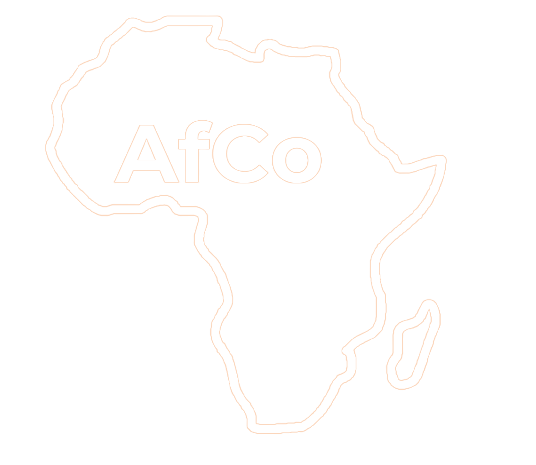The catholic church in Burkina Faso’s political arena: The political challenges of religious plurality
The relationship of the Church to politics in Burkina Faso conceals the paradox of a Catholic Church that is, numerically, a minority, but wields major political influence. This multidimensional relationship can be understood on several levels: the laity serve as the hierarchy’s political spearhead, even if a kind of political clericalism remains dominant. This relationship is also characterized by its ever-changing state: from complicity to disaffection, proximity to rupture. It is also a far cry from being a unilateral relationship: the Church develops strategies of influence, and the powers that be attempt to exploit this moral force. The result is a delicate balance between these two forces that has contributed to the establishment of a particular type of secularism that is not without its tensions. The political involvement of other faiths poses a new political challenge, that of the political management of religious pluralism. This situation calls for a new approach to state secularism in the form of a multi-faceted and supervised participation of religious denominations in nation-building and democracy.
